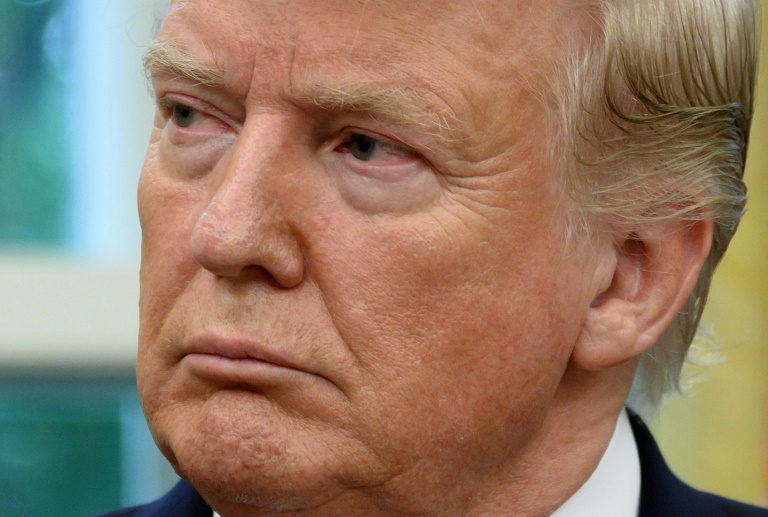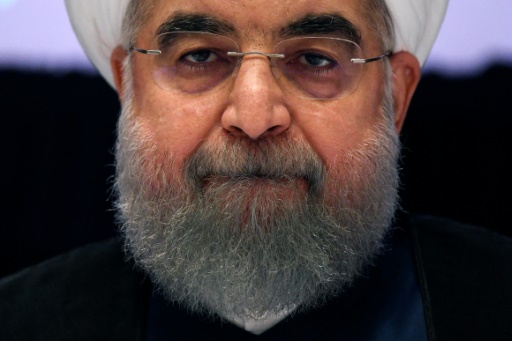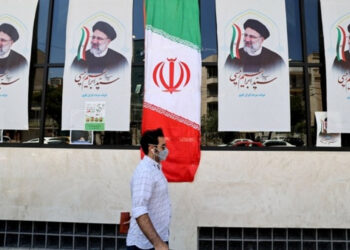This is part three of a three-part series. Read part one here and part two here.
With each passing day demonizing Iran for terrorism, interference in other countries, and human rights violations, it becomes increasingly more difficult to persuade Americans of the need for reconciliation and better relations with Iran. And with each passing day of harsh sanctions on Iran without acceptable justification, the Iranian people’s support for the regime in Tehran increases while anti-American and anti-Saudi sentiments grow.

Time is not on the side of better Iran-U.S. relations. Distrust of the U.S. has ballooned among leaders in Tehran after the U.S. tore up the nuclear deal and exited the agreement. War, or an accidental war, is much more likely today than reconciliation and fruitful relations.
The productive way forward is not a series of timid confidence-building steps but a bold, comprehensive approach to simultaneously address Iranian as well as international concerns. Partial solutions will only result in an unraveling when an unaddressed issue comes to the fore.
Meaningful Solution
A first step in the process of reconciliation should be for each side to agree to a format for meetings designed to settle all grievances. A brief meeting here and there between the two presidents, although affording historic photo-ops, will help little and could even be counterproductive.
To reach a meaningful solution to the many issues dividing Iran and the U.S., these meetings would take many months. Each side should carefully choose a group of specialists (representing all areas of contention, such as security, military, economic, and human rights) who harbor no personal agenda and have a deep understanding of the other side.
This should be followed by a presentation of a laundry list of each side’s grievances, real or imagined, to develop a mutually acceptable agenda.
Lists of Grievances
For Iran, the critical items on the list would likely include: the immediate removal of all sanctions, a timetable for a significant, if not total, withdrawal of U.S. forces from the Persian Gulf region, no interference in Iran’s internal affairs, the elimination of all covert operations in the area, and the prohibition of the sale of weapons to every country in the Middle East.
For the U.S., the likely list would include: non-interference in the internal affairs of countries in the Middle East, limitations on support for Hezbollah and Iran-backed militias in Iraq and elsewhere, the removal of Iranian forces and agents from all countries in the region, limitations on Iran’s offensive weaponry, permanent limitations with iron-clad verification on Iran’s nuclear program, non-interference with shipping in the Persian Gulf, and more for the sake of appearance, concessions on human rights.
While the two lists of demands may seem manageable, the issues are contentious, and many are reciprocal – for instance, the withdrawal of forces from other counties. If the U.S. demands withdrawal of Iranian-backed forces and advisors from other countries in the region (Iraq and Syria), Iran will require the same of the United States in a number of countries in the area (Iraq, Qatar, Saudi Arabia, Kuwait, the UAE, Bahrain, and Afghanistan), something that the U.S. would have a hard time accepting.
If the U.S. presses to limit Iran’s missile program, then Iran would demand the same of Israel and the American military in the region, and the destruction of hundreds of Saudi missiles bought from China.
If the U.S. pushes for more stringent limitations on Iran’s nuclear program, Iran would demand the same of U.S. allies in the region and as a bargaining chip would insist that Israel gives up its nuclear warheads to make the entire Middle East nuclear-free.
A limitation on the export of lethal U.S. arms to the Middle East would be problematic for American weapon manufacturers, for some members of Congress in whose districts such arms are manufactured, and for the U.S. defense department, which promotes weapon sales to allies to pre-position arms for U.S. forces in case of conflict.
Making Concessions
These are all problematic areas for Iran and for the U.S. to make concessions, but they are essential for meaningful reconciliation and peace. This is especially so for the United States as it is not accustomed to negotiating, but prefers dictating on such matters to other countries.
Unfortunately, although to be avoided at all costs, a decisive war followed by a generous armistice would cast aside many of these contentious issues. These negotiations are made more difficult because of U.S. withdrew from the nuclear deal.
France, Germany, and the UK regret the U.S. decision to leave the JCPOA. The nuclear non-proliferation regime is at stake.
— Emmanuel Macron (@EmmanuelMacron) May 8, 2018
Although Iran has not broken any signed commitments since the signing of the nuclear deal, at a minimum, the U.S. would want acceptance of any agreement by Iran’s Supreme Leader, its Council of Guardians, its Expediency Council, its president, and its Revolutionary Guards.
Reconciliation
Again, time is not on the side of reconciliation because with every passing day, sanctions take a heavier toll, suspicions grow, positions harden, and reconciliation becomes more difficult. Unfortunately, the inflammatory rhetoric from both the U.S. and Iran and Washington’s tightened sanctions have made even the likelihood of a productive meeting less likely.
For meaningful reconciliation, realistically the U.S. would need a strong president who can set aside the “perceived” and limited national interests of Saudi Arabia, the UAE and, most importantly, Israel and its lobbying power in the United States.
The focus must be on long-term U.S. national interests, which of course would incorporate the more legitimate needs of its allies. Iran must let go of the past and its memory of U.S. interference and look to the future.
While the demands of reconciliation may appear insurmountable, the fallout of war will be catastrophic for all countries involved and even for the world at large.
Disclaimer: The views and opinions expressed here are those of the author and do not necessarily reflect the editorial position of The Globe Post.





















